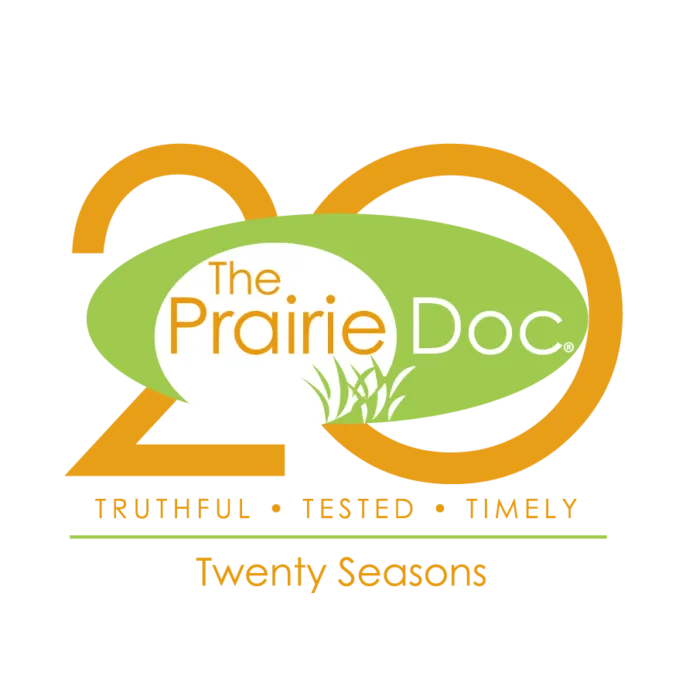Literature classes worldwide study Anton Chekhov (1860-1904), a great innovator of the short story. He wrote closely observed and deeply empathic slices-of-life with a great sense of humor — but the Russian-Lit-class-version of Dr. Chekhov often overlooks the vitality of his work in the theater. Theater-people like me know him as a playwright, the creative counterpart to the acting teacher Konstantin Stanislavsky, who directed and starred in Chekhov’s breakthrough play, The Seagull. Together with the other artists of Moscow Art Theater, Chekhov and Stanislavsky pioneered a new style of ensemble performance, focusing on the whole society, rather than one “main character.”
So if the literature-people under-appreciate his brilliance as a playwright, and theater-people undervalue his excellence in prose, both groups could stand to note his life-long dedication to medicine. Even after he became a famous writer, Dr. Chekhov never stopped seeing patients, and at the height of his literary career, he traveled nearly 6000 miles from Moscow to a notorious prison on Sakhalin Island to study the failures of the island-prison’s health care system. After his trip, Chekhov wrote a carefully reported book-length argument for prison health care reform, a work of investigative medical journalism. He once wrote in a letter: “Medicine is my lawful wife, and literature is my mistress.”
My Dad was the great Dr. Rick Holm, whose mind was also rich with a multiplicity of passions and talents. I sometimes think that the way Chekhov’s devotion to medicine was overshadowed by his success as an artist is an inversion of the way my Dad’s devotion to art was overshadowed by his success as a doctor. He was well-known as a singer and a choral conductor, founding the (still ongoing) Hopeful Spirit Chorale, but his other artistic pursuits were less well-known: he was a fine amateur painter, a long-time member of the board of Prairie Repertory Theater, a talented draftsman (his book Life’s Final Season includes his own anatomical drawings), and when he died, he was writing historical fiction — a novella set in in the twelfth century in Salerno, Italy, about the first Western medical school.
I think Dr. Chekhov’s perspective as a physician sharpened his observational powers as an artist. His plays and stories are full of people who suffer from habits of mind that they can’t understand; the good doctor seems, with his careful, diagnostic observation, to identify problems with his characters ’mental health (obsessions, depressions, manias, addictions) years before the vocabulary for such mental health disorders had been developed. Like Shakespeare, Dr. Chekhov writes honestly about both the very poor and the very rich, treating servant characters with as much detail and dignity as the owners of the estate. Though the good doctor’s ‘slice-of-life ’literary style is deeply rooted in reality, his work is paradoxical, both traditional and unconventional at once, using a physician’s skill-set and a prescient fascination with the health-of-the-mind to create literary, theatrical, and journalistic work that was, thrillingly, ahead of its time.
Eric Holm is an artist and teacher working mostly in performance, film, and music. He trained in Minneapolis and New York and is a founding member (with fellow Brookings-person Katie Melby) of the BREAD Arts Collective. Now based in Houston, Texas, Eric is an adjunct theater and film professor at the University of Houston, Galveston College, and Lone Star College, and is working on self-producing his second album. Follow The Prairie Doc® at www.prairiedoc.org, Facebook, Instagram, Youtube and Threads. Prairie Doc Programming includes On Call with the Prairie Doc®, a medical Q&A show (most Thursdays at 7pm streaming on Facebook), 2 podcasts, and a Radio program (on SDPB), providing health information based on science, built on trust.



